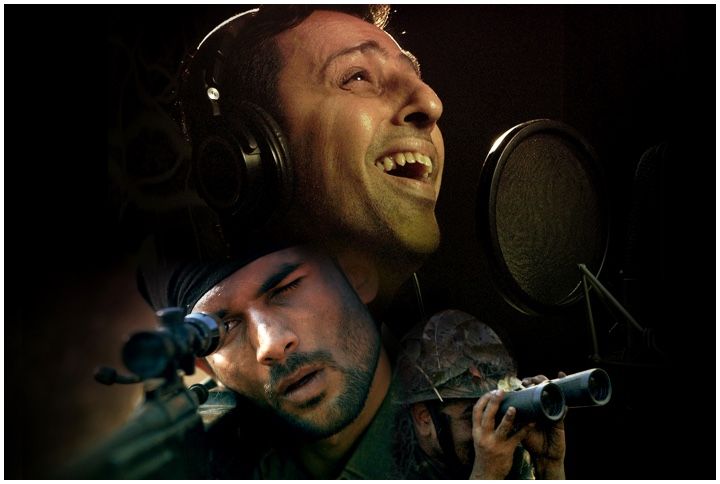Music is surely a lovely medium to voice for non-violence and peace, no? Music can really put such a strong message across for unity of all our souls. Salim Merchant‘s latest track titled ‘Befizool’ for Gorilla Shorts’ upcoming film ‘The Sniper’ is one such track. The song released on the 26th of January (Republic Day) along with the film.
‘Befizool’ has been composed by Sid Paul and its thought-provoking and heart-rending lyrics has been penned down by Charan Singh. The track is the theme song for the short film directed by Ambar Chakravarty of ‘Love Handles’ and ‘Offbeats Season 1’ fame.
The track is all about how bloodshed, terrorism and war is so unnecessary in this beautiful world around us. It’s a tribute to our soldiers who stand guard at our borders facing death every day in the harshest of conditions. It speaks about how without the constant threat of terrorism and war, we could all live at peace with each other and focus on real issues like poverty, health and the environment which affects all of humanity at large.
Speaking about the song, Salim Merchant says:
I found the song, the concept and the composition by Sid Paul very emotional and reflective of my own feelings about non-violence and peace. This song is my tribute to our nation’s values, our soldiers and our desire for peace.
Check out the song here:
While Ambar Chakravarty, the director of the film says, “It’s a beautiful and soulful song that will touch everybody’s heart and will deliver a very positive message about peace and the futility of bloodshed.”
The Sniper is a story of two soldiers, a sniper and his spotter, who find themselves caught in a huge moral dilemma in the middle of a war. The short film is full of twists and turns and a very unexpected ending that forces you to think about war and our own biases.

